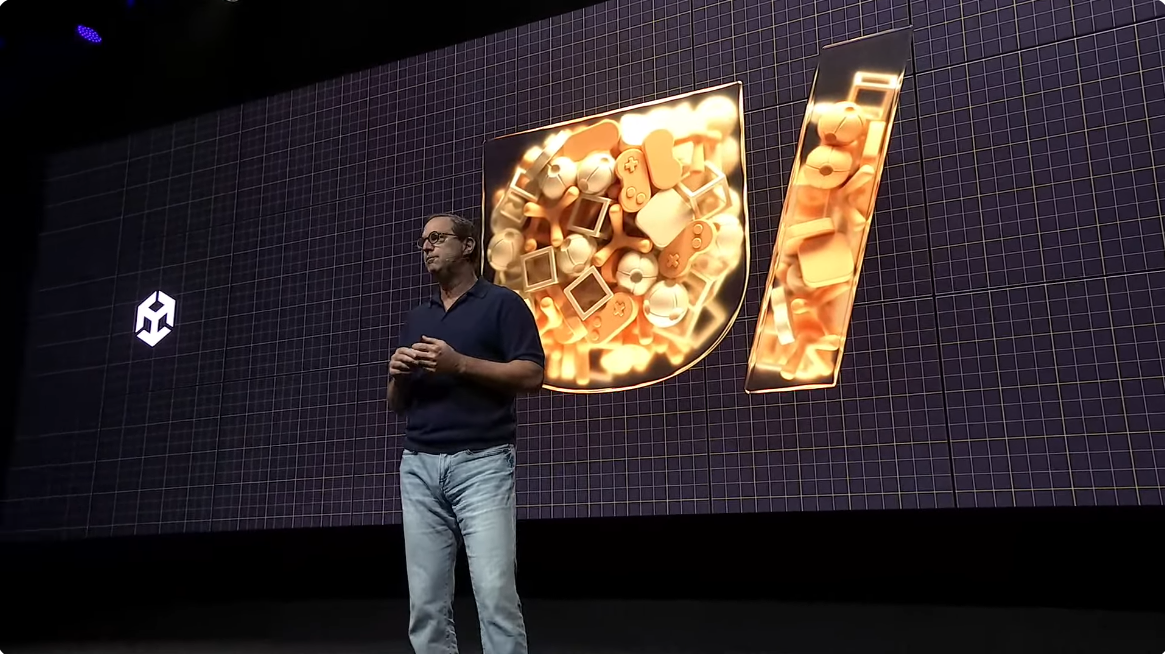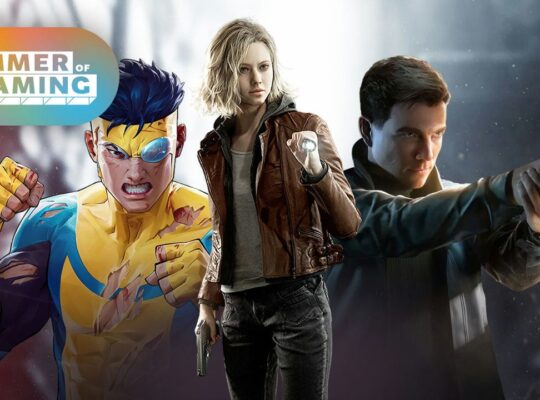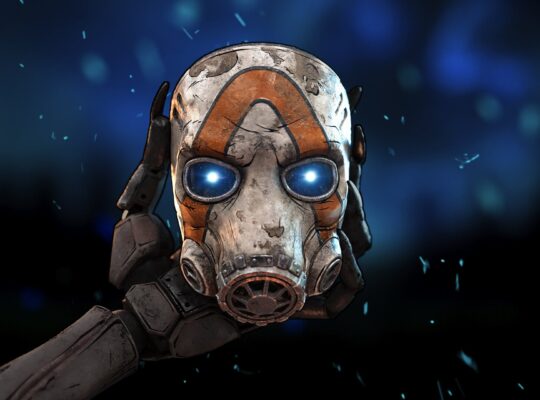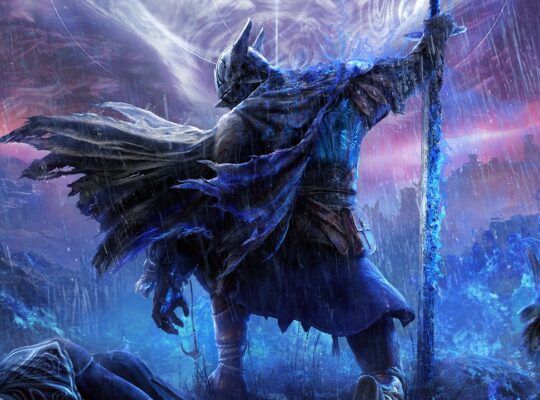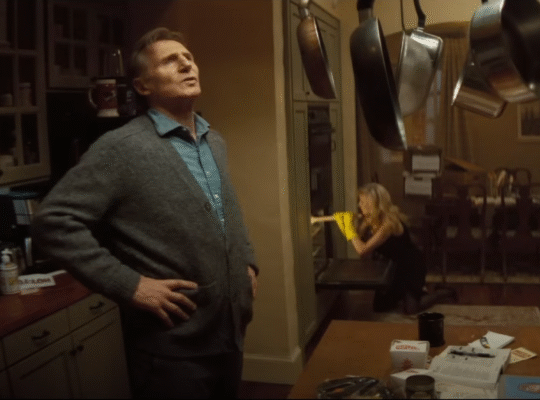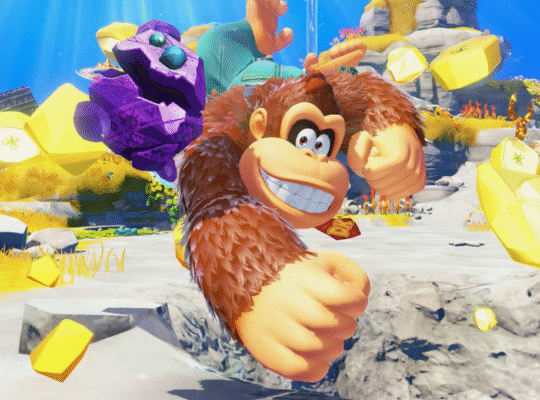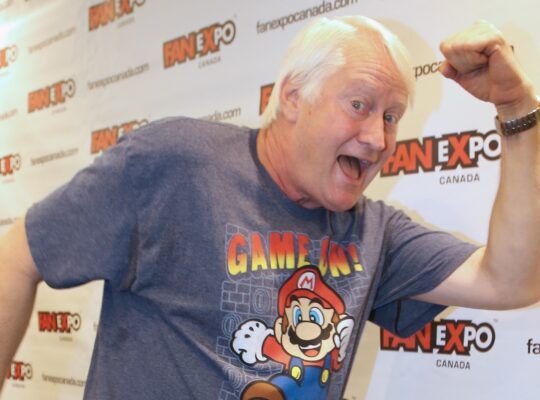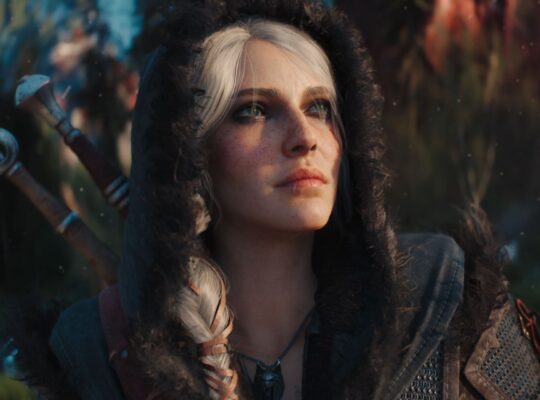Unity 6, the latest version of the pervasive video game engine, launches globally today, October 17, and with it Unity hopes to put what’s been a disastrous year behind it.
The Californian tech company, whose engine is used to power everything from Genshin Impact to Hollow Knight: Silksong, has suffered a torrid 12 months sparked by a catastrophic fee structure change one developer called an “astonishing scumbag move.” The fallout from the debacle didn’t just include the erosion of trust between Unity and the video game development community, but the exit of CEO John Riccitiello.
Embattled Unity ended 2023 having closed several offices, cut more than 1,100 staff, and terminated a deal with Peter Jackson’s Wētā FX. The company made $2.1 billion in revenue last year but suffered a net loss of $826.3 million.
The bad news continued in 2024, when in January roughly 25% of Unity’s workforce, or around 1,800 jobs, were cut. Some developers walked away from Unity for good. Mega Crit, for example, confirmed that for Slay the Spire 2, the sequel to the iconic roguelike deckbuilder, it had ditched Unity for free and open-source cross-platform engine Godot.
Then, in May, Unity announced it had a new president and CEO, former COO of Zynga Matthew Bromberg. One of his first decisions was to scrap Unity’s controversial Runtime Fee entirely, although fees are set to increase. And now, Unity is here to kick off what it hopes is a new and improved era for the company with the release of Unity 6.
In an interview with IGN, Bromberg said it would be fair to describe the launch of Unity 6 as a reset moment for the company.
“We want to be a fundamentally different and better company,” he said. “And I know that we can be. It is what we want. We want to have a fundamentally different relationship with our customers and our community and we want to develop and deliver products in a fundamentally different way. And that starts with us thinking about it differently and delivering in a different way.”
Bromberg talked about “walking the walk” as Unity works to rebuild trust with developers. The first step was ditching Unity’s controversial Runtime Fee entirely in September, a year after they were introduced. It then spoke with developers at its annual user conference, called Unite, to “reconnect” and share plans. Through it all was a 90-day sprint to the launch of Unity 6, “which we believe is the most stable and best performing version of Unity we’ve ever made.”
Unity 6 offers developers stability, a commitment to long-term support, and continuous updates, Bromberg said. “Yes, you want innovation, but you need to trust the platform first. It needs to be stable, it needs to be performing.”
Unity claims more than 70% of the top mobile games in the world are built on Unity, and 1.5 billion devices are home to the Unity runtime across the globe. And so, Bromberg insisted, the engine remains “a fundamental part of this ecosystem.”
“The ecosystem wants us to be great, and when we’re delivering at the top of our game, it makes everybody better,” he said. “People want to welcome us back, we just need to do our part.”
We’re kind of here forever. As long as the people are making games, we’re going to be here helping them.
After never turning a profit, Bromberg said Unity is now in “a fantastic place from a business perspective” and “is solidly profitable.” He continued: “there is literally no reason for folks to be concerned about that. Unity has been in this marketplace for more than 20 years. It’s going to be many, many, many more years that we’re here. We’re kind of here forever. As long as the people are making games, we’re going to be here helping them.”
It’s impossible to talk about the future of Unity, or indeed the video game industry, without mentioning generative AI. This controversial technology is one of the hottest topics within the industry, raising ethical concerns as well as anxiety over its impact on the livelihoods of developers.
Bromberg said Unity 6 is built to work with “all of the best” AI tools developers are already using. He wants Unity to “think less” about generative AI because “there are lots of folks out there doing that.” Rather, he wants Unity to think more about “how AI can obfuscate the complexity of our own tools and make building games faster and more efficient.” In short, Unity wants to use AI to make using Unity itself easier.
Unity, along with other video game engine makers as well as development studios and publishers themselves, are coming under pressure from AI startups that claim to let developers – or anyone, really, regardless of experience or expertise – rapidly generate playable games by punching text-to-game prompts into Large World Models (LWMs).
Bromberg said he thinks AI is “going to change a lot about the world,” but right now, a key part of the operation of video games is often missing from the debate around the impact of generative AI on development.
“Especially for our largest customers, we are operating massive live service businesses,” Bromberg said. “So you may be able to hallucinate part of a video game using a language model, but pipelines, tools, processes, platforms to run your business and run your game every day, update it for millions of people, is a totally different situation.”
Wesley is the UK News Editor for IGN. Find him on Twitter at @wyp100. You can reach Wesley at wesley_yinpoole@ign.com or confidentially at wyp100@proton.me.


